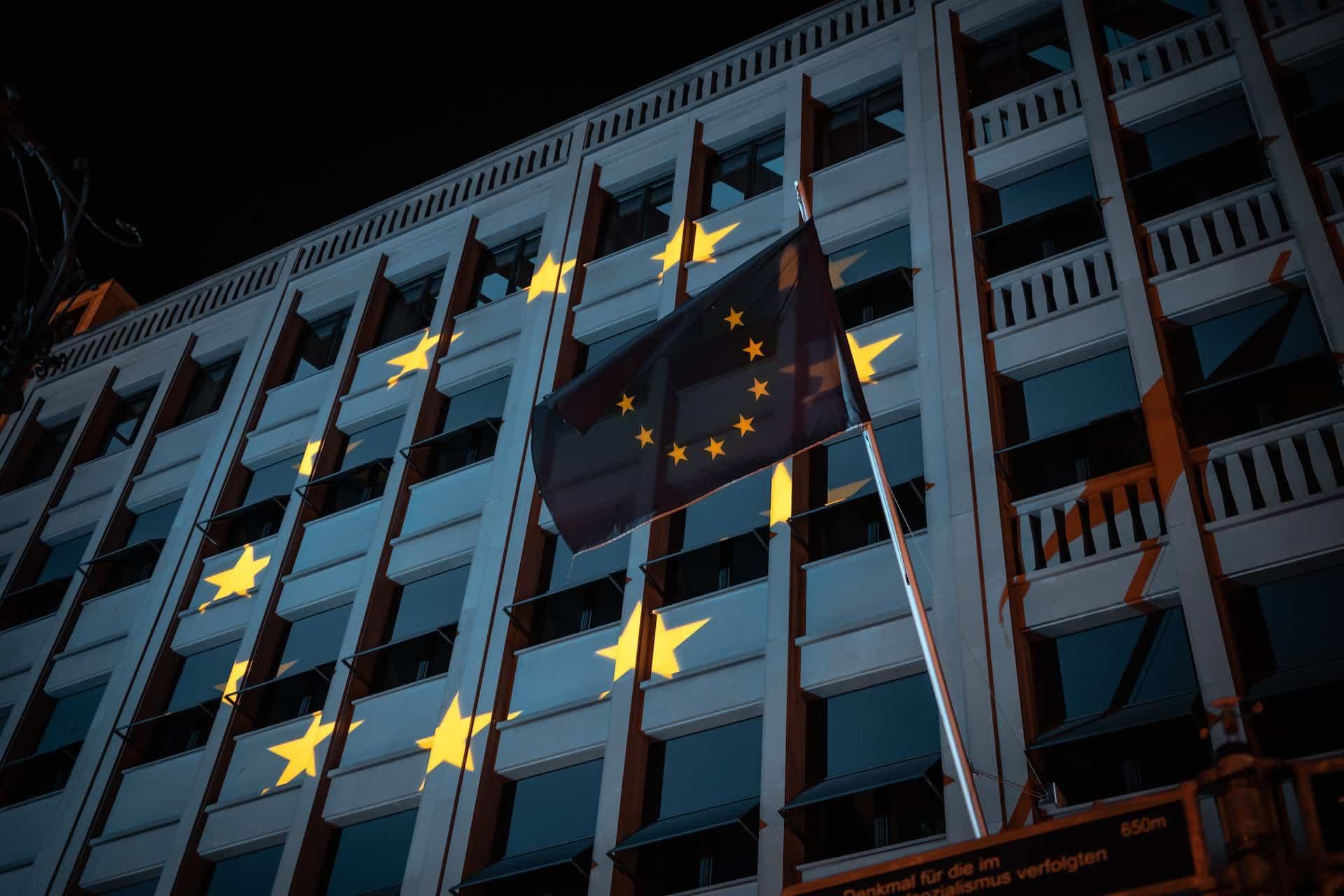
It’s been a year since OECD’s Pillar 2 reforms, which would introduce a global minimum corporate tax rate, were celebrated as an international achievement. But while the goal remains, Baker Tilly Germany Tax Partner Ines Paucksch warns companies could face complex and varying start dates — if countries actually manage to pass the reforms into law.
When the Organisation for Economic Co-operation and Development (OECD) announced it had reached consensus a year ago on its so-called Pillar 2 reforms, it was celebrated as a step forward for intergovernmental agreement on tax.
The reforms are part of a multi-year project designed to crack down on large companies engaging in base erosion and profit shifting — or the practice of multinational companies exploiting gaps and mismatches between international tax jurisdictions.
The OECD estimates that these practices together cost countries up to $US240 billion in lost revenue annually, equivalent to 4-10% of the global corporate income tax revenue.
Pillar 2 would implement two key measures that impact domestic legislation (the Global anti-Base Erosion Rules or GloBE rules) which effectively impose a 15 per cent minimum tax rate on large multinational corporations, with revenues in excess of EUR 750 million.
The OECD commitment to Pillar 2 of global minimum tax reforms was signed by nearly 140 countries, representing the G20 and dozens of smaller countries — as well as many with zero or very low tax rates such as the Cayman Islands, Channel Islands and parts of Eastern Europe.
“Pillar 2 wants companies that act worldwide to pay a fair share of taxes, and to make it more difficult for companies to find jurisdictions where they can avoid tax or pay very low taxes,” says Ines Paucksch, a Tax Partner with Baker Tilly Germany.
“In principle, I think the overall idea is good but as always, you have to find the right balance between what companies have to contribute and what steps they need to take to comply with that.”
While the initial announcement in October 2021 of agreement was seen as a watershed for cross-border tax, that optimism quickly faded.
In May, OECD secretary-general Mathias Cormann told the World Economic Forum “difficult discussions” would prevent the deal coming into force in 2023 and most jurisdictions are now looking at 2024.
Nearly six months later, cracks continue to emerge in the ability of trading blocs to find common agreement.
Pillar 2 implementation has now been delayed to 2024 for most jurisdictions, and there are questions over whether the United States — by far the most influential member of the signing group – will proceed with the global minimum tax reforms.
The US has recently passed the Inflation Reduction Act which includes a 15 per cent minimum — but which is likely to apply only to 150 corporations.
Those measures are considered by some groups to be inimical to the spirit of the global agreement, which could see the US remain out of step with any international change.
But the US is far from the only dissenting voice.
The UK also signed up to the OECD agreement, but the new PM Liz Truss has been less enthusiastic, and is now caught up in a tax debacle of her own after sparking market ructions by quickly backflipping on a proposal to cut the top rate of personal tax.
In the EU, there has also been a challenge to the broad agreement of 2021.
Hungary has held out against the implementation of Pillar 2, thereby blocking an EU-wide decision.
At the same time, Germany, France, Italy, Spain and the Netherlands have warned they could progress a joint solution without Hungary if need be.
Ms Paucksch says that the European approach of agreement between the major economies would still send a strong message.
“When the process started, or became more concrete in 2021 and the beginning of 2022, I thought they would look to achieve a consensus,” she says.
“But after the chief five countries published their declaration that they are willing to implement these new rules, regardless of whether they achieve a consensus in the EU, I think it’s more likely that certain countries will go ahead alone and try to implement these new regulations by themselves.
“I’m not quite sure whether this declaration is being used to generate a kind of political pressure on the other countries, so that in the end they reach this consensus, or whether they have just decided to do it on their own.”
Importantly, the OECD agreement did not require every country to implement the rules in domestic legislation for Pillar 2 to operate, just agree not to have conflicting legislation.
Another incentive lies in how the top-up tax will be applied to ensure multinationals covered by Pillar 2 pay at least 15 per cent.
Most group companies respectively Constituent Entities are likely to be taxed where they are located. However, varying start dates can bear the risk of double-taxation despite the “priority-rules” that the GloBe-rules include in principle if they are not yet in place in the respective countries. –
While negotiations continue to take place, Ms Paucksch says the delay also presents challenges for multinationals in Europe, as they try to plan for the future.
“For the EU with the 27 member states it is already challenging to achieve one solution,” she says.
“But even if they conclude that they will agree on one solution, and we implement it as expected, we still have the UK, which is no longer a member of the EU, and they might implement it before the EU or afterwards — this depends on the new prime minister as well. We still have the US, the APAC and the LATAM region and a multinational group might be active in all of these regions.
“However, I think it’s very likely now that we will have different starting dates, and that makes it very complicated for companies to comply with the new rules, because it’s the first worldwide new tax act to a certain extent.
“In my perspective, it should be implemented at the same date if at all possible, as not doing this makes it more difficult for companies to comply and might end up in double taxation.”
For companies to comply with the global minimum tax reforms will require them to access high level technical understanding of the different jurisdictions, she says, as well as strong central coordination.
“The Pillar 2 rules require very complex calculations, looking at the covered taxes, effective tax rate and the top-up tax,” she says.
“You need well-trained people able to do these calculations with knowledge not just in taxes but in International Financial Reporting Standards accounting (IFRS) as well.
“You have a lot of options, exceptions and carve-outs etc that have to be considered to calculate the necessary amounts, and you have to define and collect necessary data from your worldwide subsidiaries, which needs a lot of coordination.
“And last but not least as a final product, you have to file tax returns on a worldwide basis.”
“That administrative challenge is something many companies might baulk at, she says, so the more streamlined the application of Pillar 2, the better.
“You always have the risk that companies see the administrative burden only and the overall goal of a fairer tax system fades to the background,” she says. “Governments need to avoid making the administration of the tax more important than businesses paying their fair share.”









